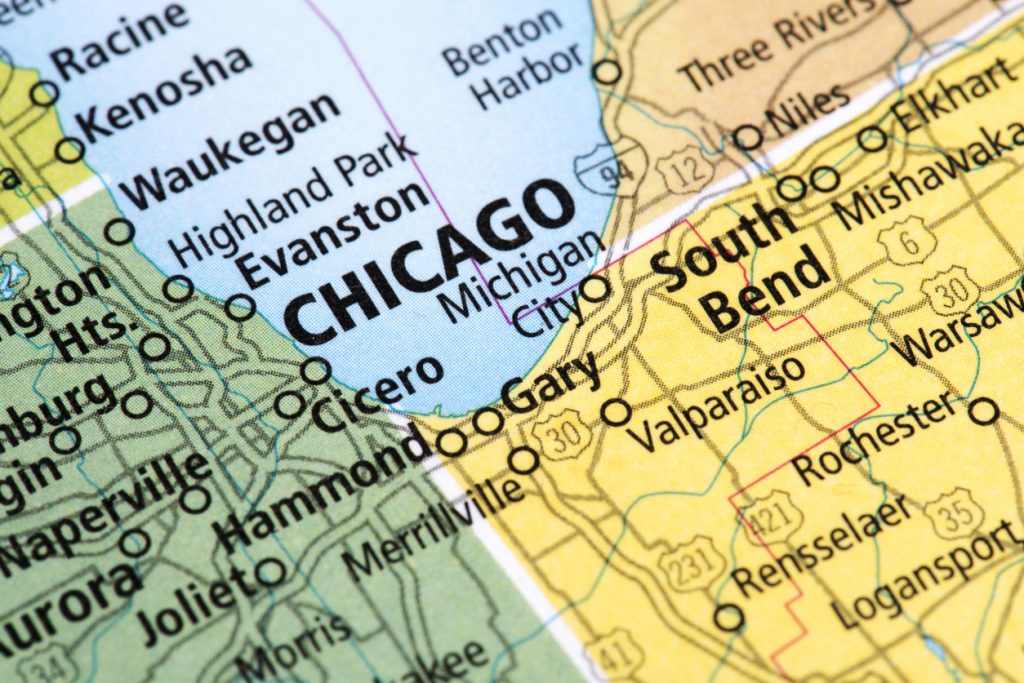
December 4, 2024
An interview with Dr. Safiyyah Maouloud
Safiyyah Maouloud, DrPH, MBA, CCMA completed her medical assistant training with the National Institute for Medical Assistant Advancement and became a certified medical assistant in 2020. She currently works with the Rhode Island Department of Health as a contracted vaccine demand strategist, helping the state design and implement its multi-part immunization strategy. This year, she completed her doctorate in public health. Dr. Maouloud credits her medical assistant training with deepening her understanding of healthcare by giving her direct clinical experience and new career opportunities. In this interview, edited and condensed for clarity, she reflects on the NIMAA program and how it has enriched her professional journey.
When did you first decide to become a medical assistant?
I wanted the clinical experience, and I thought that the medical assistant certification would help boost me to the next level of what I was already doing. I saw an advertisement for NIMAA and I decided to look into the program. I wasn’t sure they would take me, since I was not a traditional student. I already had an MBA in health care management and was working in the non-profit world, doing case management and other public health work, including street outreach. So I applied. My ultimate goal was to get into a hospital. You can do many things once you get the medical assistant certification. I was looking at the bigger picture.
What are some things you can do with medical assistant certification beyond working in a traditional clinic?
I worked briefly as a health services manager at a home health agency during the pandemic. They were looking for a medical assistant to supervise senior care, home health aides and CNAs. You can also become an allergy technician. You can go into case management. You can build a nice career in public health. When you combine whatever education you have with the clinical experience you get from medical assisting, it definitely gives you other angles.
Where did you do your NIMAA externship, and what was the experience like?
I was at the Erie Family Health Center, Evanston location, in Illinois. NIMAA’s virtual seminars all have a clinical context, which puts things in perspective. When we were in our actual clinical externship setting, it wasn’t a shock to be in the room with the patients, because we’d already learned to look at things clinically, with examples and scenarios. This is one of the things I really liked about the program—the fact that they taught everything within that clinical context. We were doing both online classroom learning and externship in parallel. We were able to apply the classroom information directly to the externship, and vice versa.
“I’m able to explain things not only on the level of a healthcare professional, but also to an everyday community member who might seek services in a clinic.”
Dr. Safiyyah Maouloud
When you were a student, how did the NIMAA team support you?
NIMAA supported me a lot. I’m very modest, and I wear a hijab. I remember when I started with the NIMAA program, one of my concerns was the scrubs. NIMAA staff sent me links to where I could get modest scrubs—longer coats, a skirt bottom rather than pants. They also told me about the sizing. They took the extra steps to make sure I was comfortable in the required outfit. That meant a lot. NIMAA was also very flexible. I gave birth soon into the program, and the staff rearranged some of the instruction to make things possible for me. They also transferred me to an externship site that was right around the corner from my child’s daycare. They helped find an externship schedule that worked for me. It was really a very positive experience. I encourage people who are starting in the program: if you have anything going on in your life, express that to the NIMAA staff. They are there to support you. They come up with very creative solutions.
How did you feel about the instruction?
I really liked the instructors. The program lasts for about eight months, and I learned a lot. One of the top things that attracted me to NIMAA was the fact that I could do the classes online. They were very thorough. We had weekly seminars and they tried to make things very engaging, which I really appreciated. The support mainly came from the teaching staff. I really loved the flexibility with the classes, the fact that they were so engaging. At the end, one of our teachers really went the extra mile by sending us flashcards and other things to prep for the exam. One of the best parts of the NIMAA experience is that the entire staff wanted all of us to succeed, complete the program, and get certified.
You were a student during the COVID pandemic. Were you part of the public health response?
Yes, I was. I did COVID testing on people when the tests became available. The person who mentored me at the externship site was the lead medical assistant. She did most of the COVID testing and I got to experience that, which was very significant. I actually think it helped me get a new position after NIMAA, because I was involved with COVID.
How has being a certified medical assistant helped you as a public health professional?
Right now, as I am putting together provider advisories, including community health worker newsletter content and talking points for physicians, it definitely helps that I have trained as a medical assistant. I’m able to explain things not only on the level of a health care professional, but also to an everyday community member who might seek services in a clinic. In my experience, being a medical assistant has opened doors. It also helped me when I was doing research and writing my dissertation on cultural humility in substance use treatment and prevention.
If I could give any advice to people considering NIMAA, it would be this: don’t give up when things don’t go your way. I interviewed with a few positions with my externship site and other organizations before finding one. I stayed with it, and I definitely think it paid off. So don’t give up! If you want to work in healthcare, medical assisting offers a great path to opportunity.
